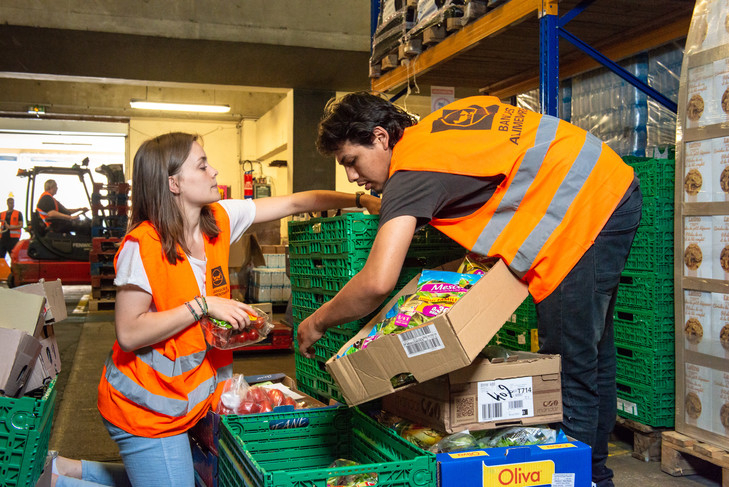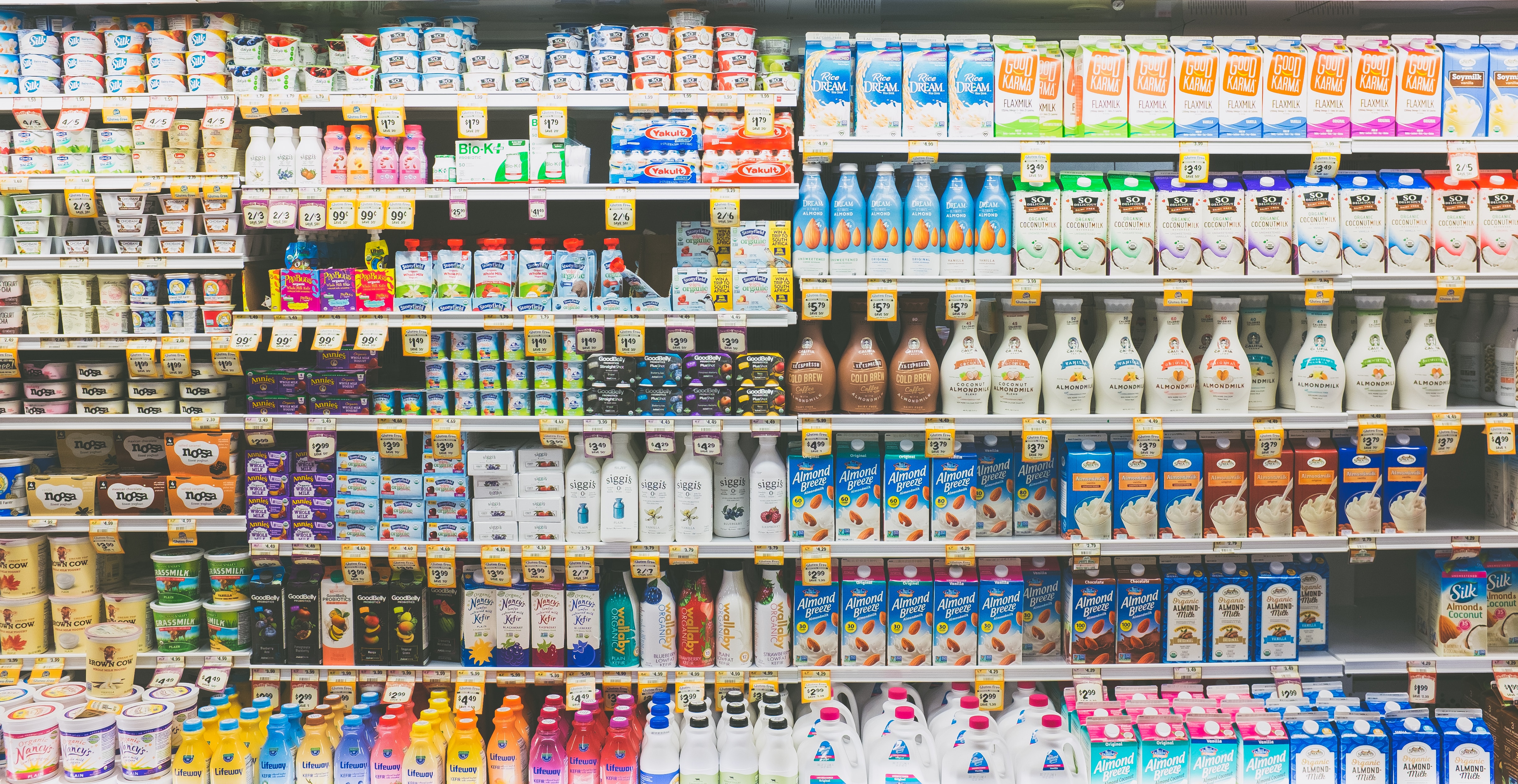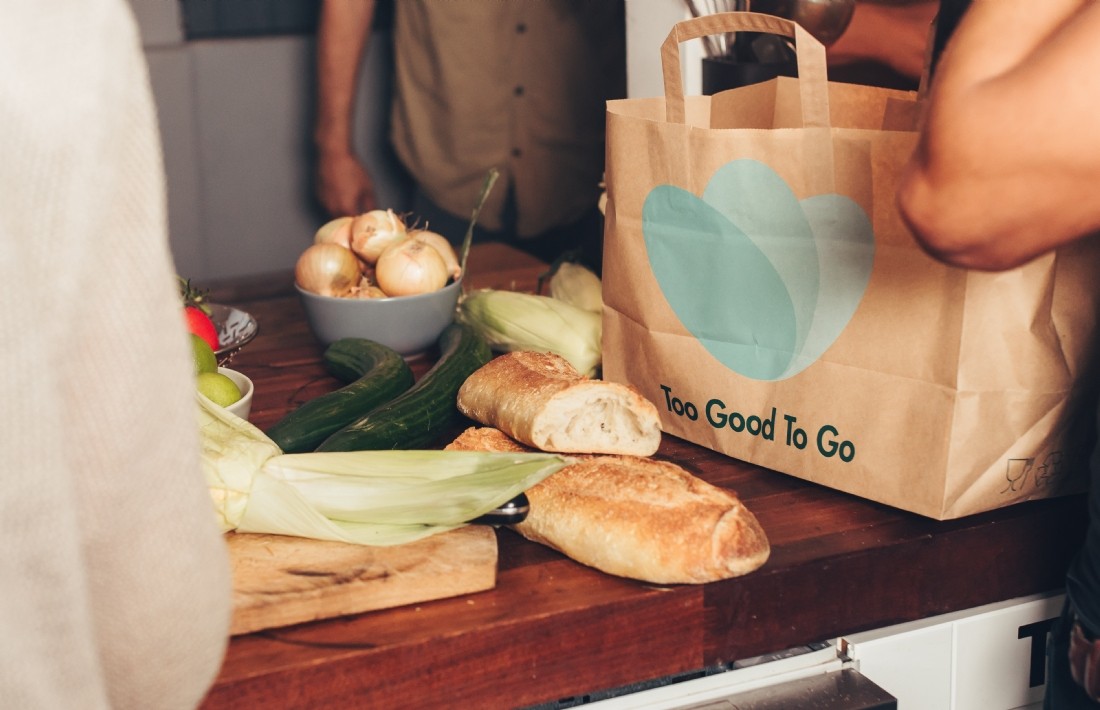Four Years After France's Food Waste Ban

In 2016, France was the first country to pass a punitive law forbidding food waste by supermarkets and restaurants. The French parliament voted unanimously to fine supermarkets from €3,750 up to €75,000 or two years in prison. A report led by the Ministries of Agriculture and the Environment in France, calls for 36 proposals across the French food system. They envisioned food waste reduction as a sustainable activity that can lead to the development of new businesses and jobs.
Parliamentarian Guillaume Garot wrote the proposals, believing that the fight against food waste should be, “equally as important as wearing a seatbelt.”
It’s been four years since the ban and since moving to Paris, I have a routine. Housekeeping is on Sundays, the one day in Paris when the streets are bare and nearly everything is closed. So, every Sunday without fail, I swing open my refrigerator to peruse its contents. The pungent scent of spoiled milk, a squishy tomato and some funky smelling French cheese is released into the air.
These foods have overstayed their welcome. Au revoir.
Squinting at expiration dates and swinging some old hummus into the trash, I stop in my tracks. The tiny writing scrawled on the bottom of my yogurt says it’s expired but is it actually? What do supermarkets do when the expiration dates have passed, and a yogurt is still sitting lonely on its shelf? Do they compost it or throw it into the trash?
Tucked within the neat rows of Monoprix is Phillipe, who has been working at the store for 5 years. He tells me that the ban was a positive thing for supermarkets all over Paris. “I think it’s great that we can help feed people especially since food is often not old soon after the expiration date on the label. We have to sort through the food, compost what we can, and the rest gets picked up for donation, so it helps us with our organization and daily inventory.”
Supermarket Aisles, Image Credit: Unsplash/NeONBRANDThe Food and Agriculture Organization of the United Nations notes that about one-third of the food produced for human consumption is lost or wasted every year, which is four times as much food needed annually to feed the world. Throwing away food involves a decrease in food security and environmental impacts. When food isn’t composted, it piles in the landfill and is burned. Land, water, labor and energy are all used to produce, process, store and dispose of food that is thrown out.
Food banks receive all the donations from supermarkets across France from a food network called Banques Alimentaires, feeding 2 million people with 226 million meals. But this doesn’t come with its own share of challenges. Food banks don’t want to be collecting non-quality products or anything that will make people sick. There are no regulations in place regarding low-quality food and whether that should be donated or sent to be composted.
What does French culture say about wasting food? Taking home leftovers from restaurants may be in the context of an older institution. In 19th century France, the practice of selling leftover food to people at the market is called l’arlequin or “the harlequin”. Urban composting can be hard, so many waste-warriors turn to apps to solve this. At the moment, Too Good To Go is a leader in the anti-waste movement. “Magic Bags” are offered in both France and England, where you can order a meal from the leftover food from bakeries, supermarkets or restaurants at the end of the day. So far, there are 12,158,301 meals saved in France which is 30,396 tonnes of carbon dioxide saved!
Food on Counter Image Credit: Unsplash/Too Good to GoFrance is leading the pack in food waste management, but are other countries following suit? Italy offers incentives to restaurants and supermarkets for the amount of wasted food that is salvaged. Why isn’t America doing this?
Four years later, the progress doesn’t stop there. France is to pass new rules to extend the ban to cosmetics, clothing, electronics, plastics and textiles. This may have been sparked as a reaction to a video on French TV channel M6 that showed footage of containers of returned and unsold products at an Amazon warehouse being destroyed.
As followers of the Climate Movement look for leaders, I am looking forward for more to come as France continues to take proactive steps towards a more sustainable system of living. There is a chance that policies will help me, along with others make my own individual choices as a good-doer for our planet.



